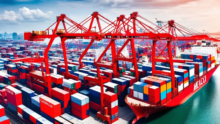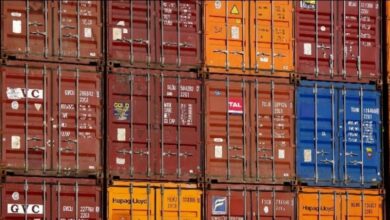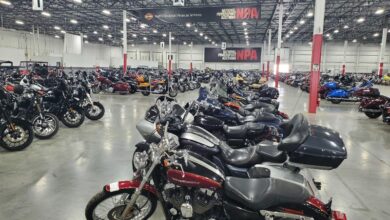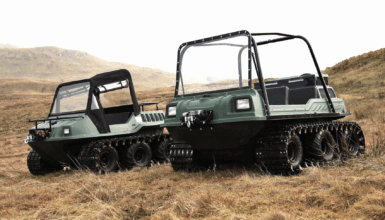Global parcel shipments to U.S. disrupted as tariff exemption ends
Powersports dealers relying on international suppliers and online parts retailers face new shipping hurdles as the U.S. government ends its long-standing “de minimis” tariff exemption.
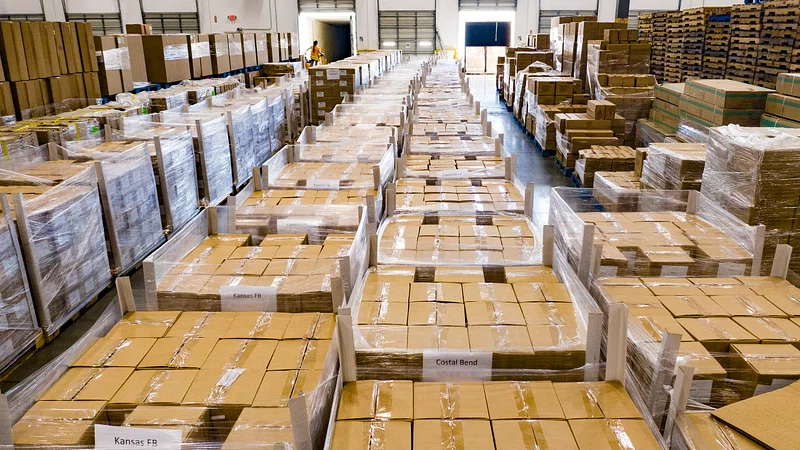
Effective August 29, all imported goods, including small parcels previously valued at $800 or less, will now be subject to U.S. customs duties. The move, part of a Trump administration executive order, is intended to curb low-cost imports and boost domestic manufacturing. But it has sparked immediate disruptions across the global postal network.
Postal providers in Japan, Australia, Taiwan, Mexico, India, South Korea, Thailand, and New Zealand have all suspended certain parcel deliveries to the U.S. In Europe, Deutsche Post and DHL Parcel Germany stopped accepting business shipments to America as of August 22. DHL Express remains operational, but with full customs clearance now required on all items.
For dealers, the new rules mean potential delays, added fees, and a reliance on commercial freight or express services for parts, accessories, and gear sourced overseas. According to U.S. Customs and Border Protection, more than 1.36 billion de minimis shipments entered the country last year, representing over 4 million parcels processed daily. That flow is now significantly constrained.
Cost impacts could be steep. The executive order outlines charges of $80–$200 per item, depending on a product’s origin country and tariff category. Even small aftermarket or apparel shipments that once arrived duty-free will now face additional costs.
Australian retailers interviewed by ABC described the changes as “chaotic,” with supply chain uncertainty leaving small businesses exposed. Industry observers expect online marketplaces like Amazon, TikTok Shop, Etsy, and Shopify — popular sourcing platforms for dealers and customers — to see significant slowdowns in global fulfillment.
While “gift” shipments under $100 and document mail remain unaffected, all commercial goods now require full customs processing. DHL and other carriers are working with U.S. authorities to clarify procedures and resume broader service. Until then, powersports businesses should expect higher landed costs and potential gaps in product availability.




